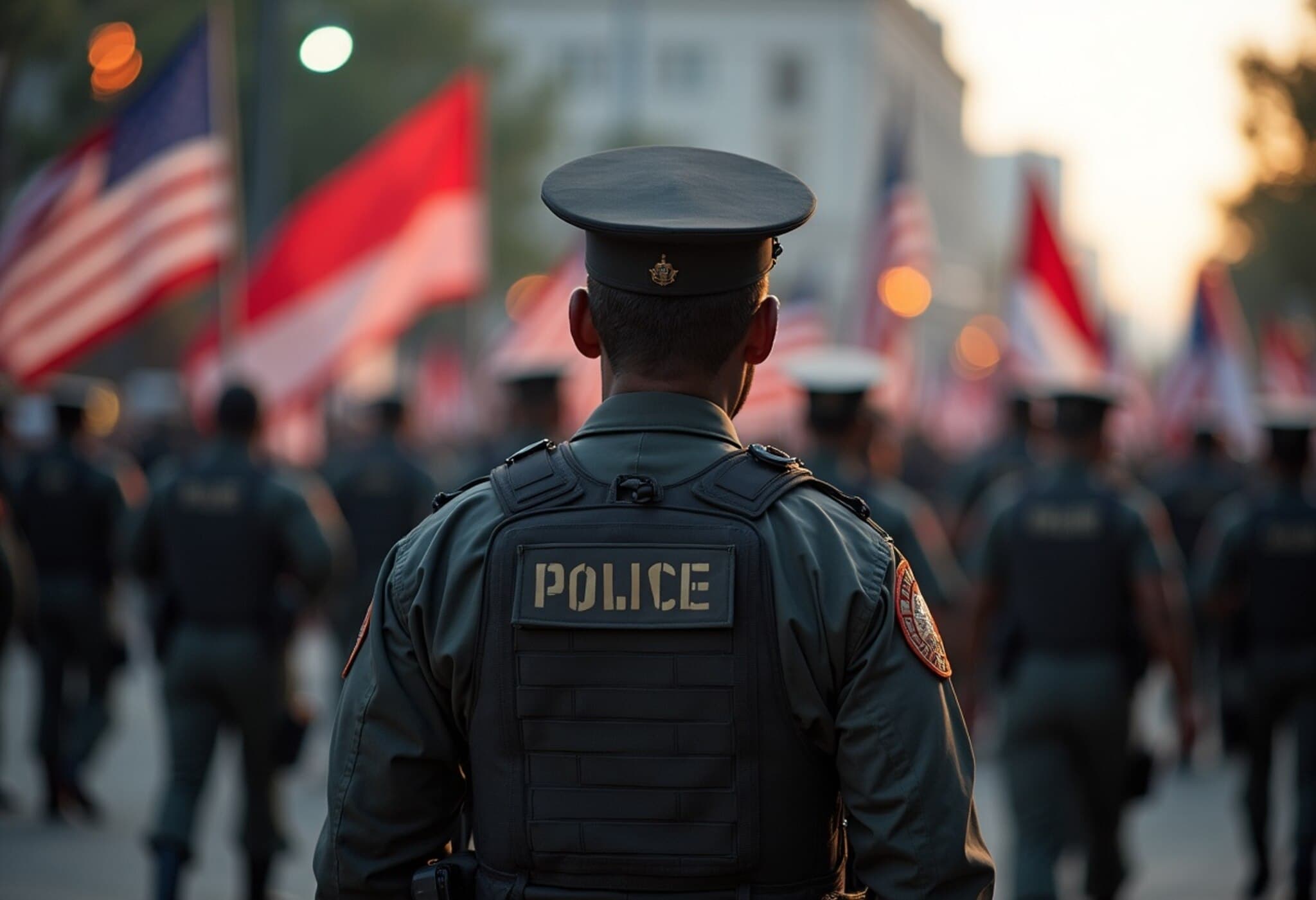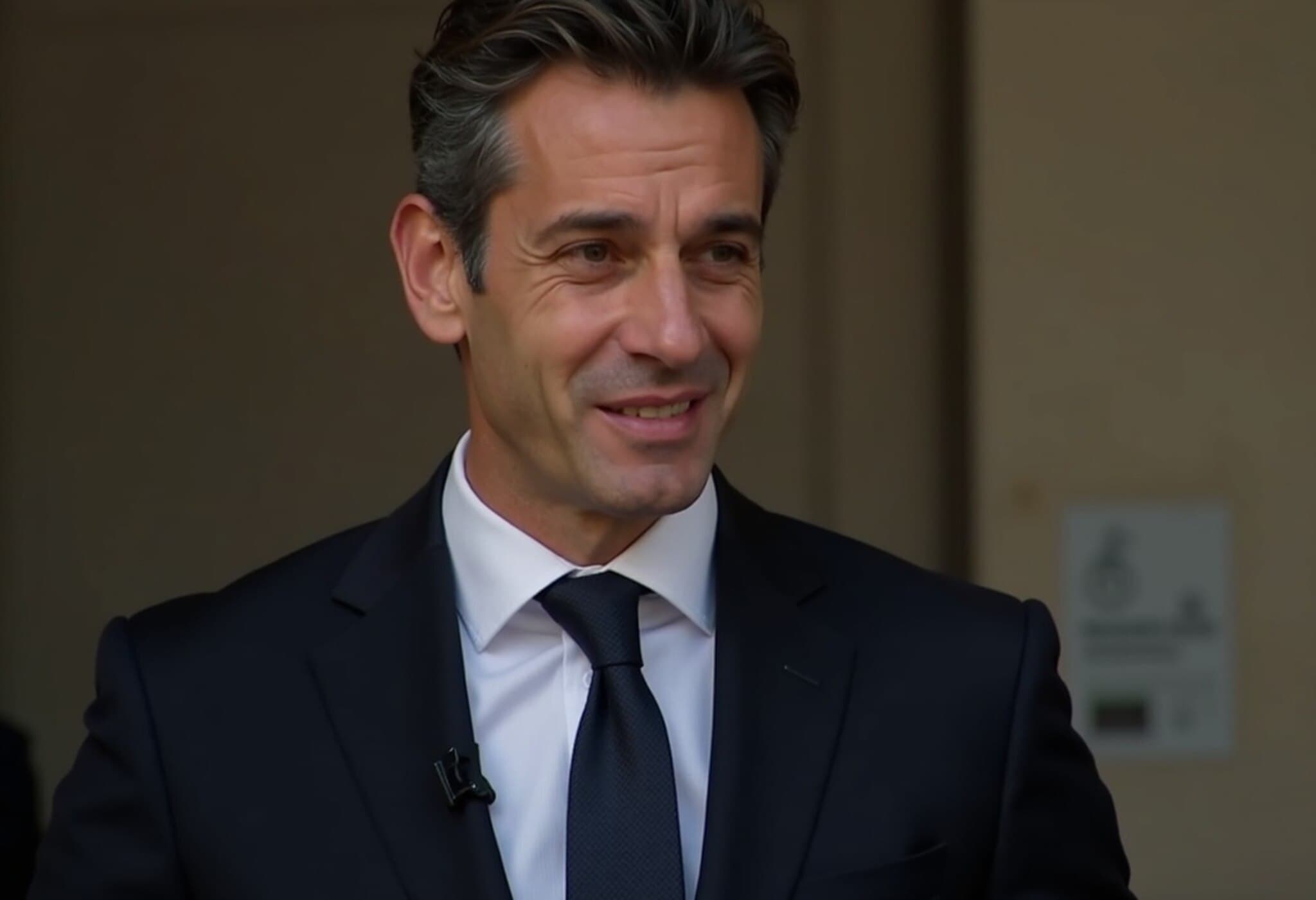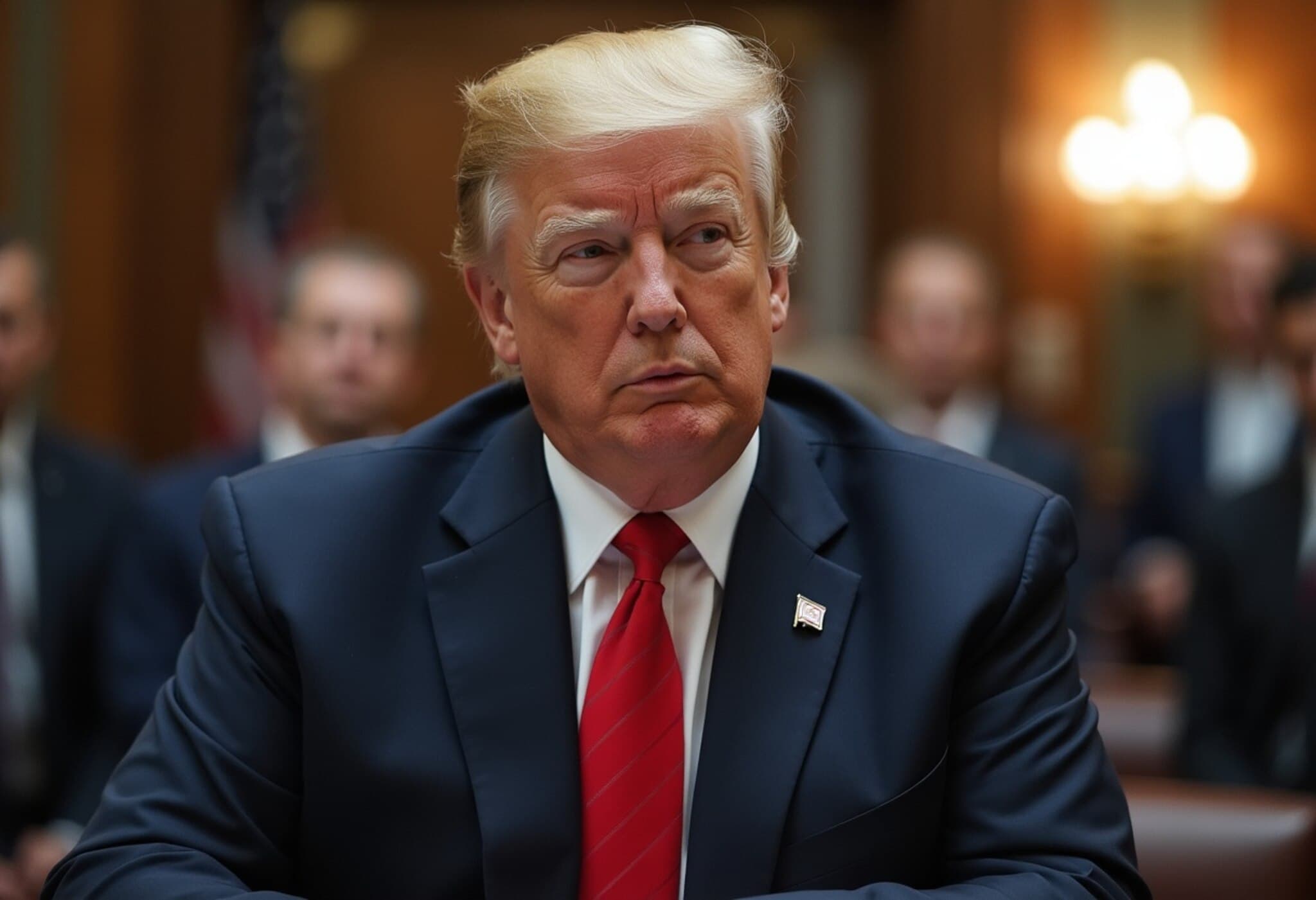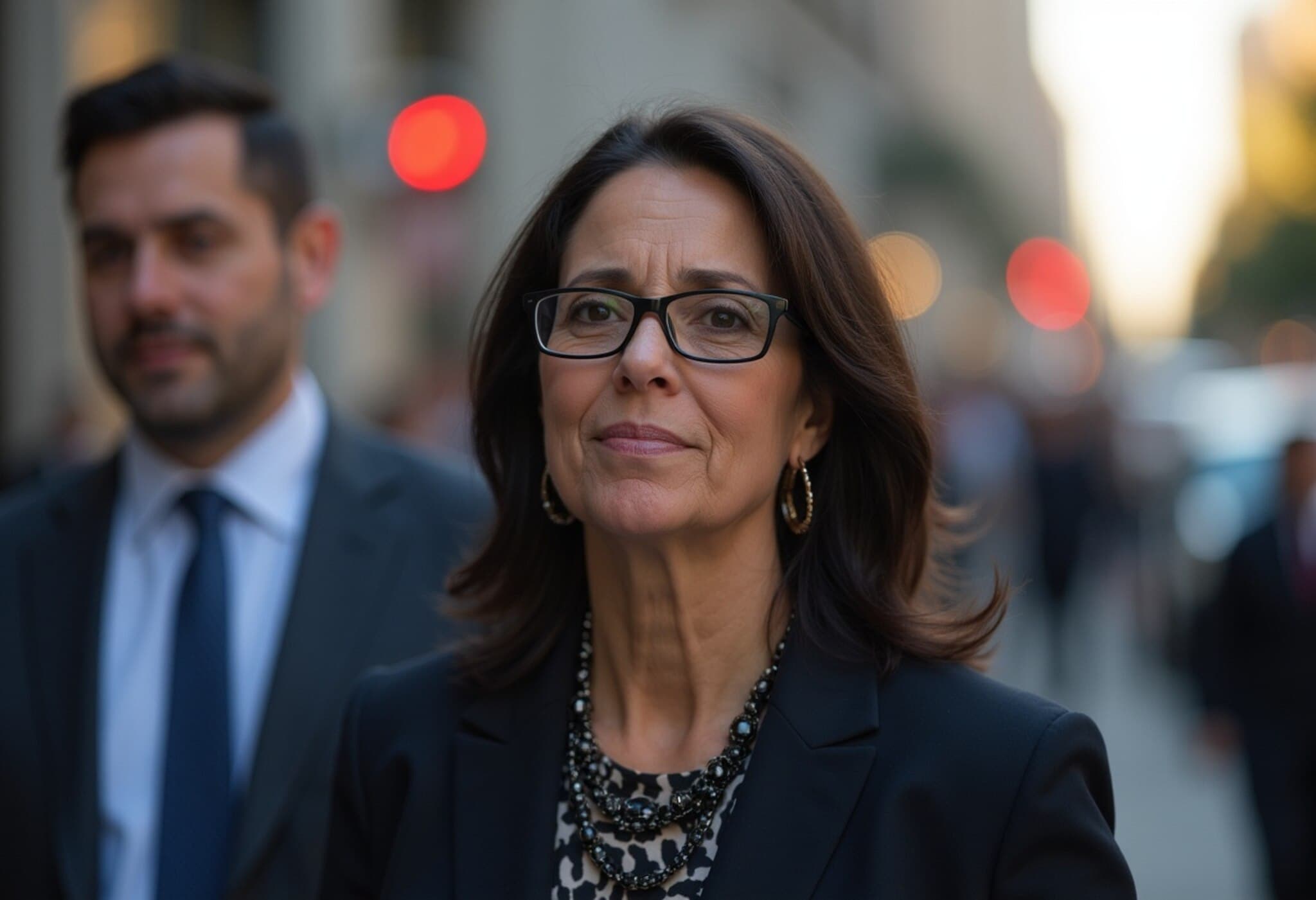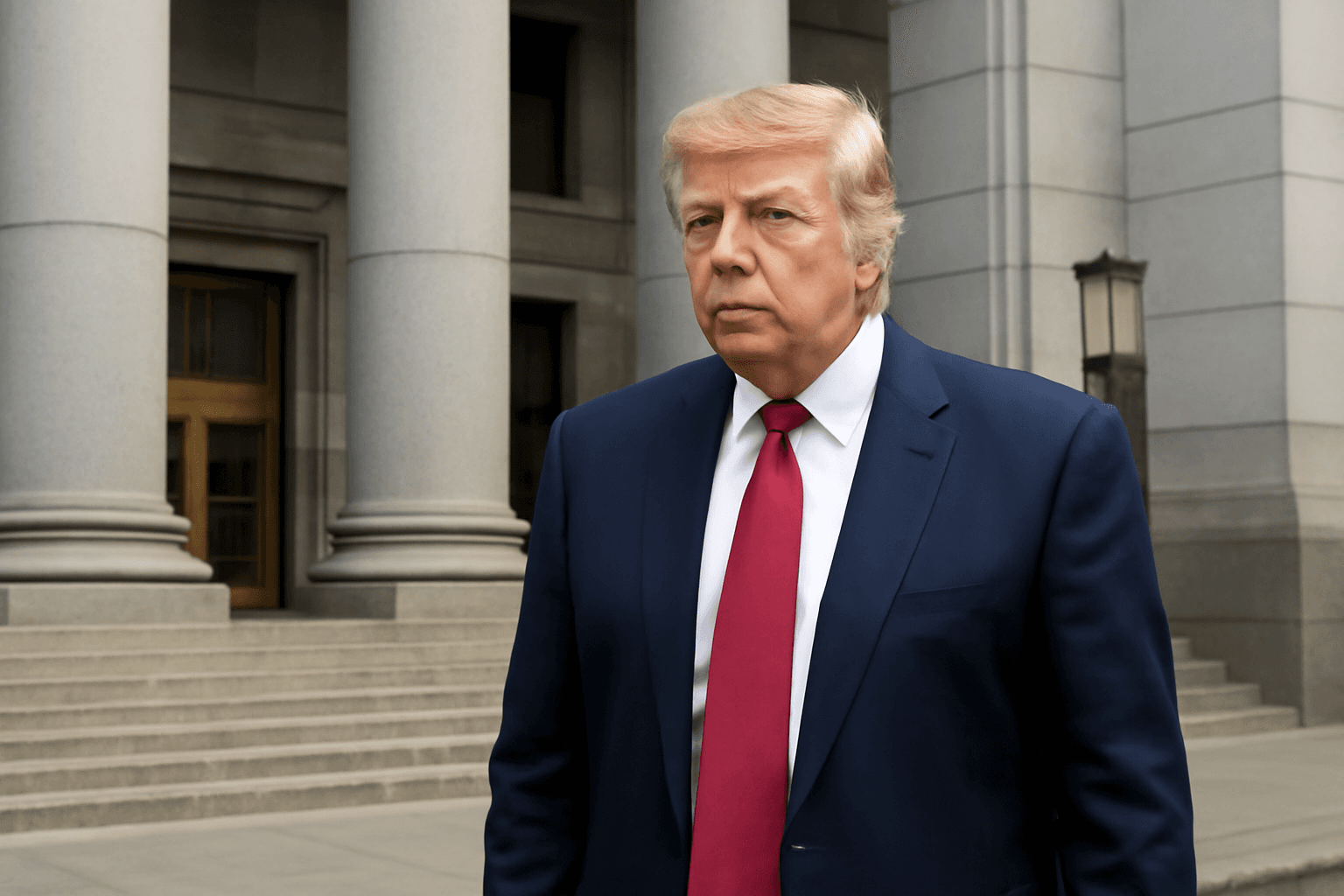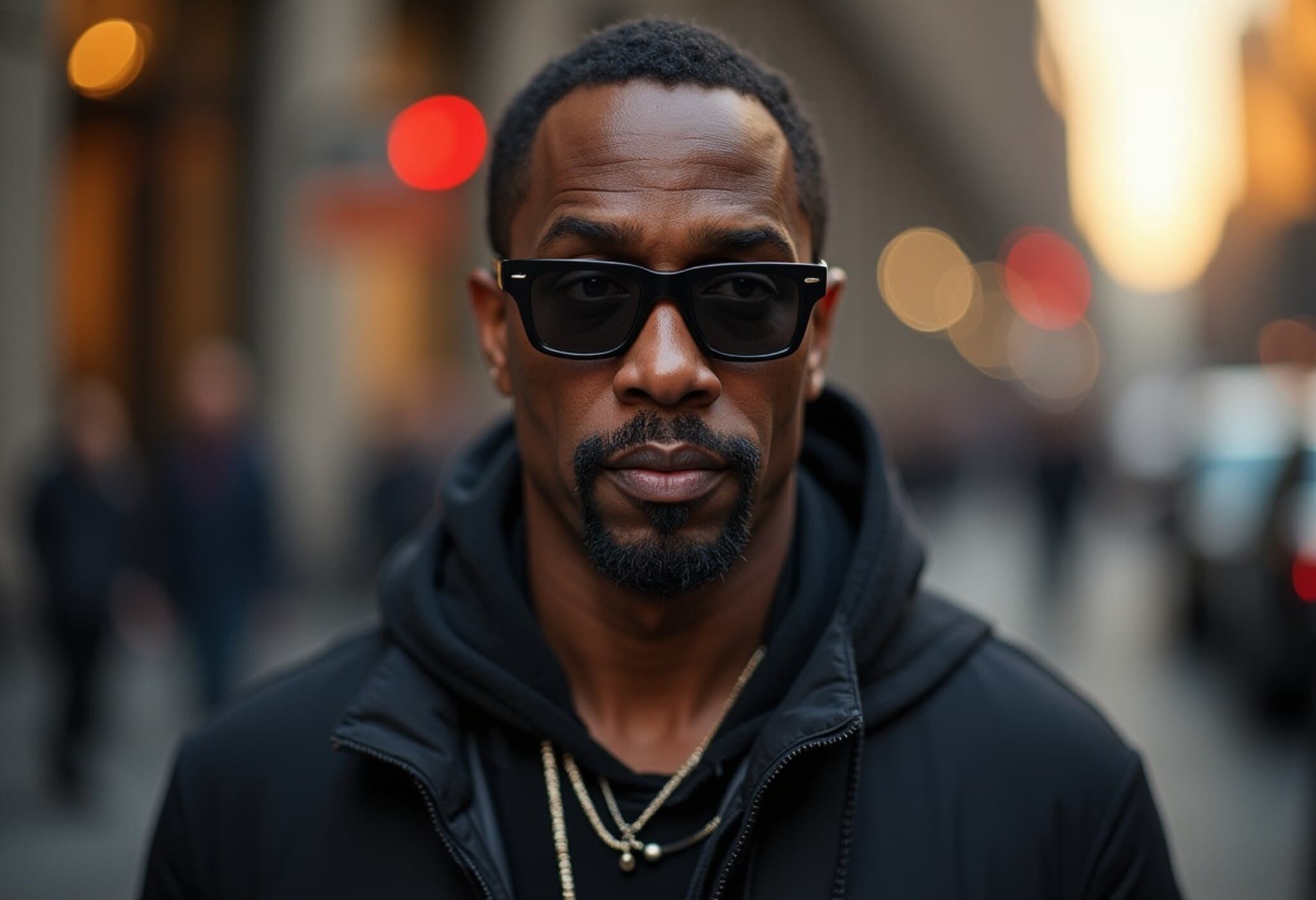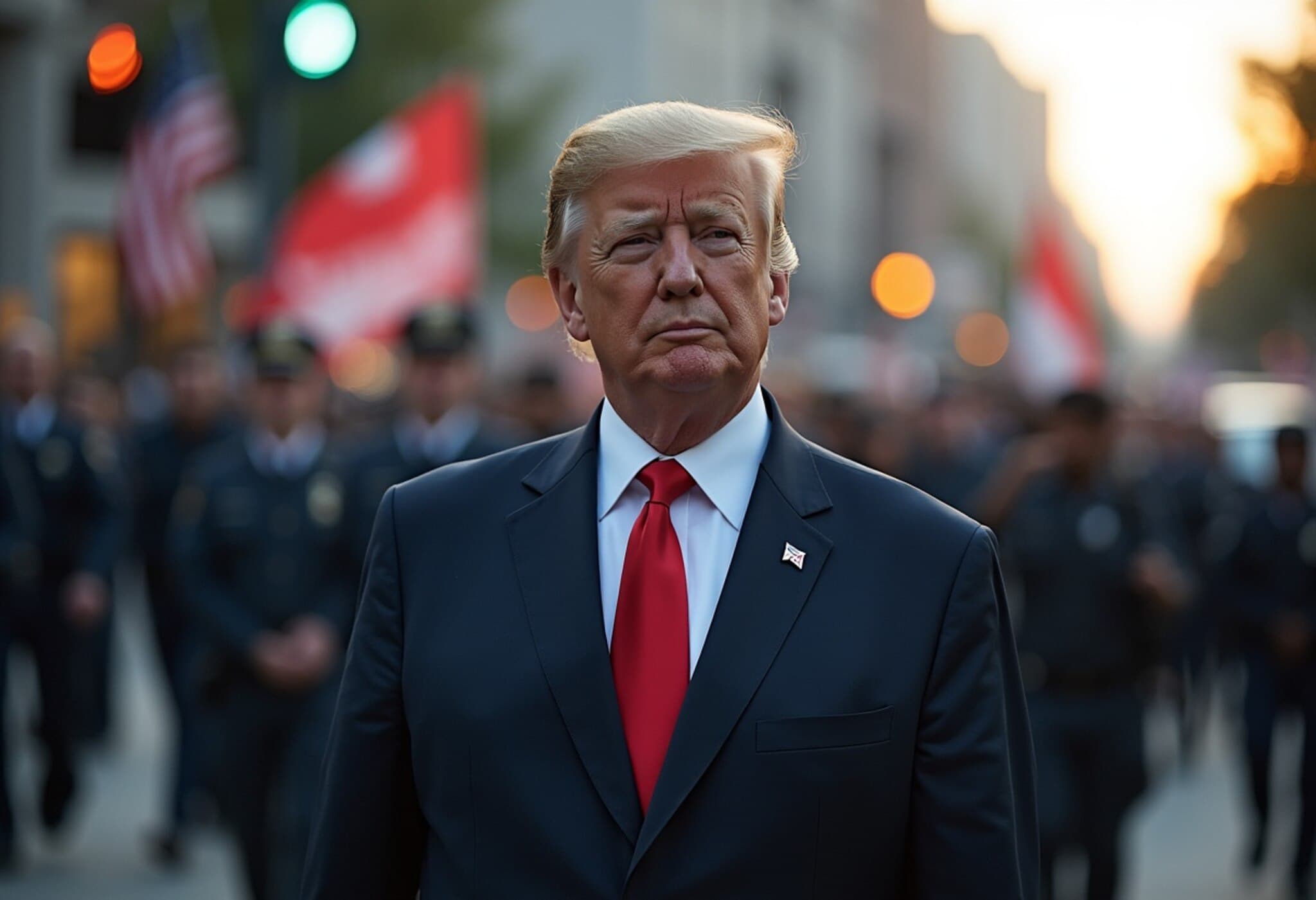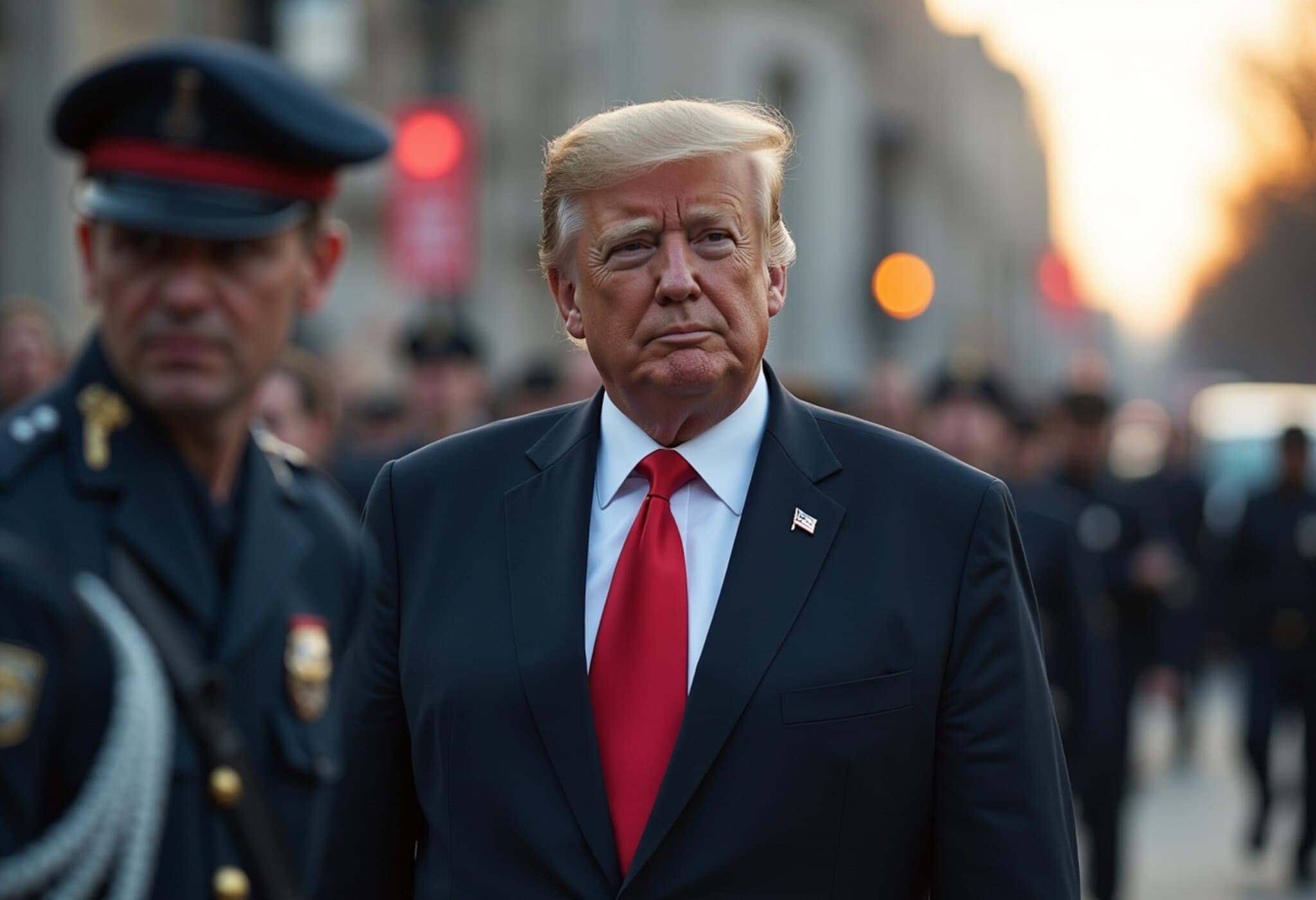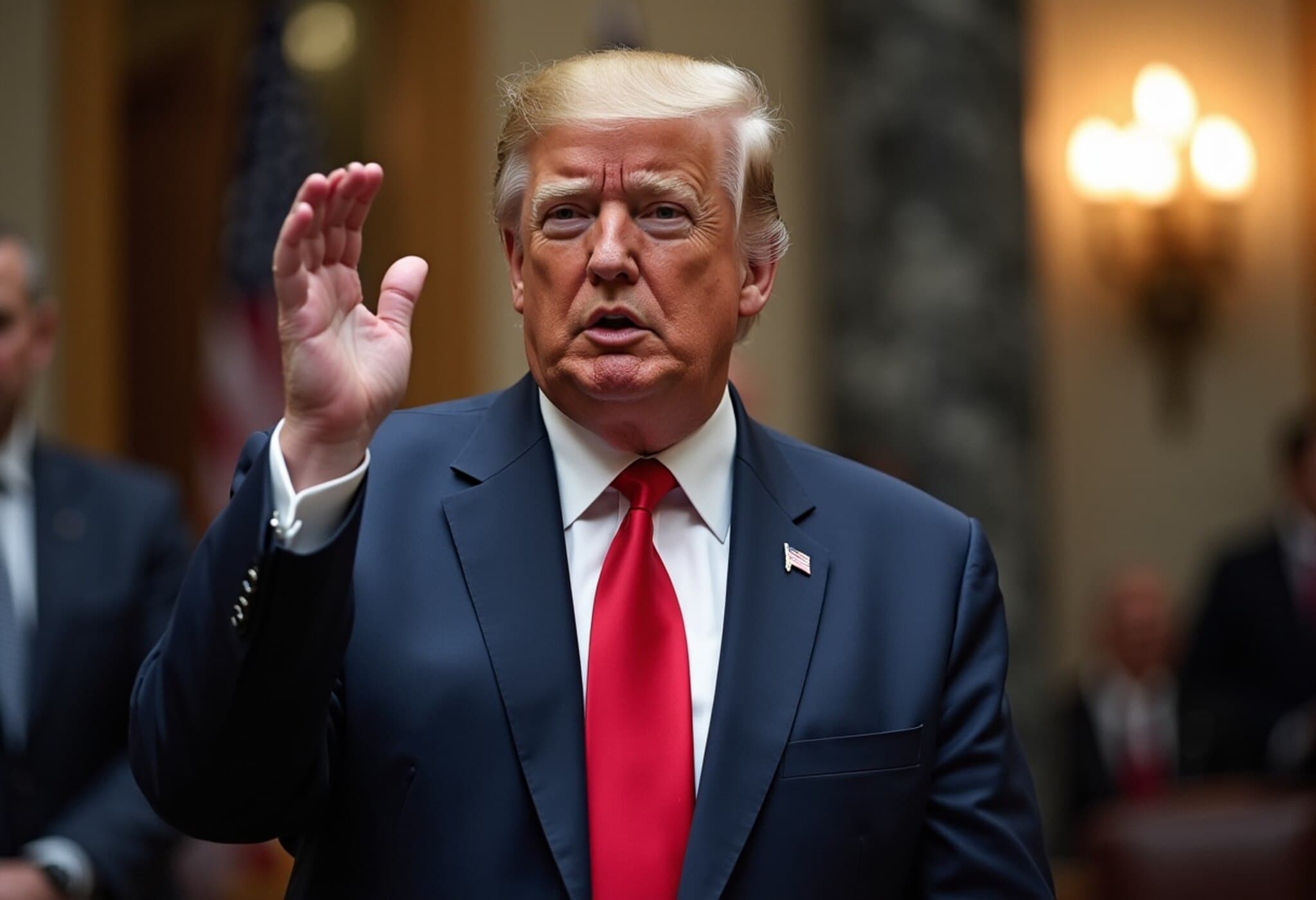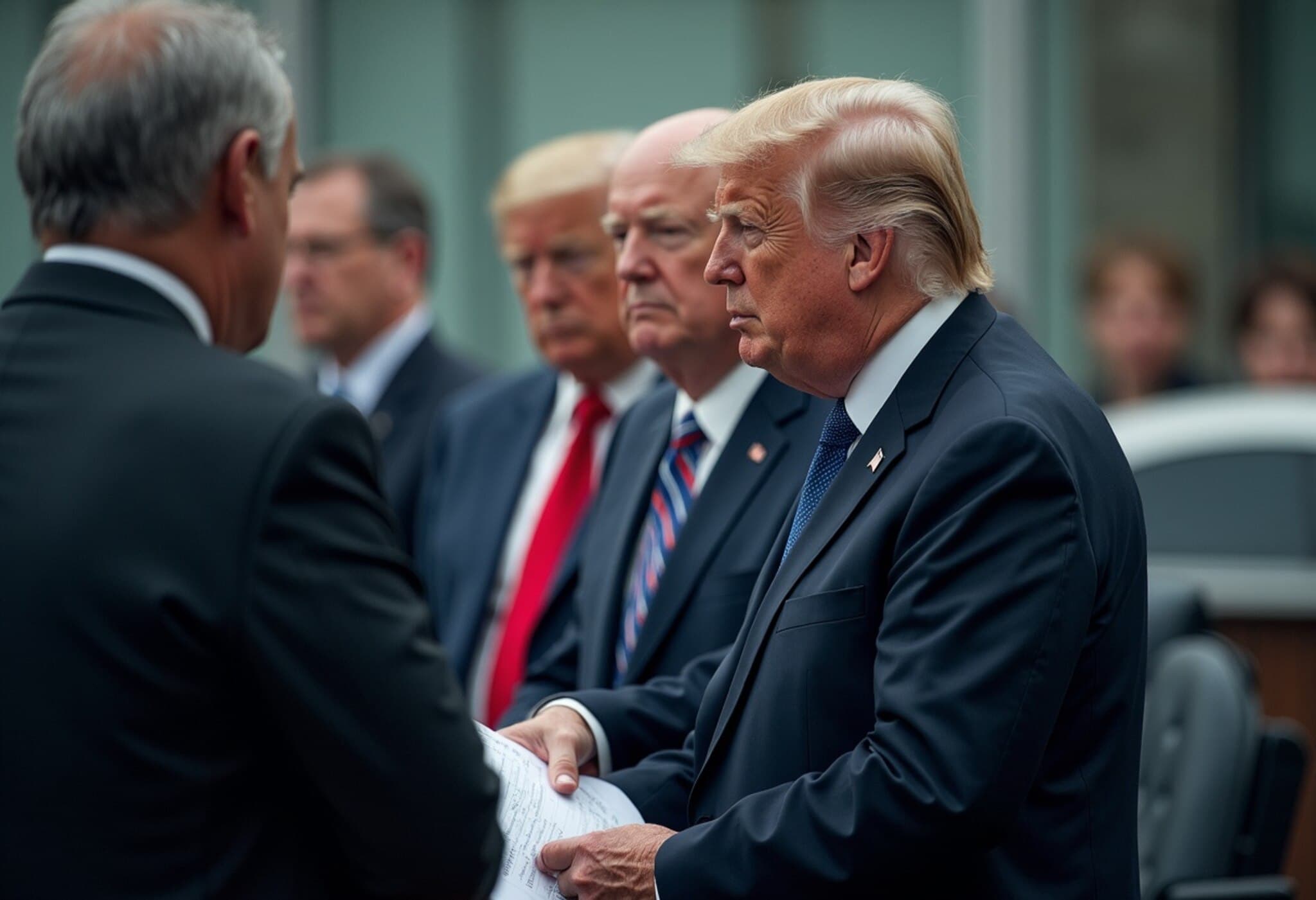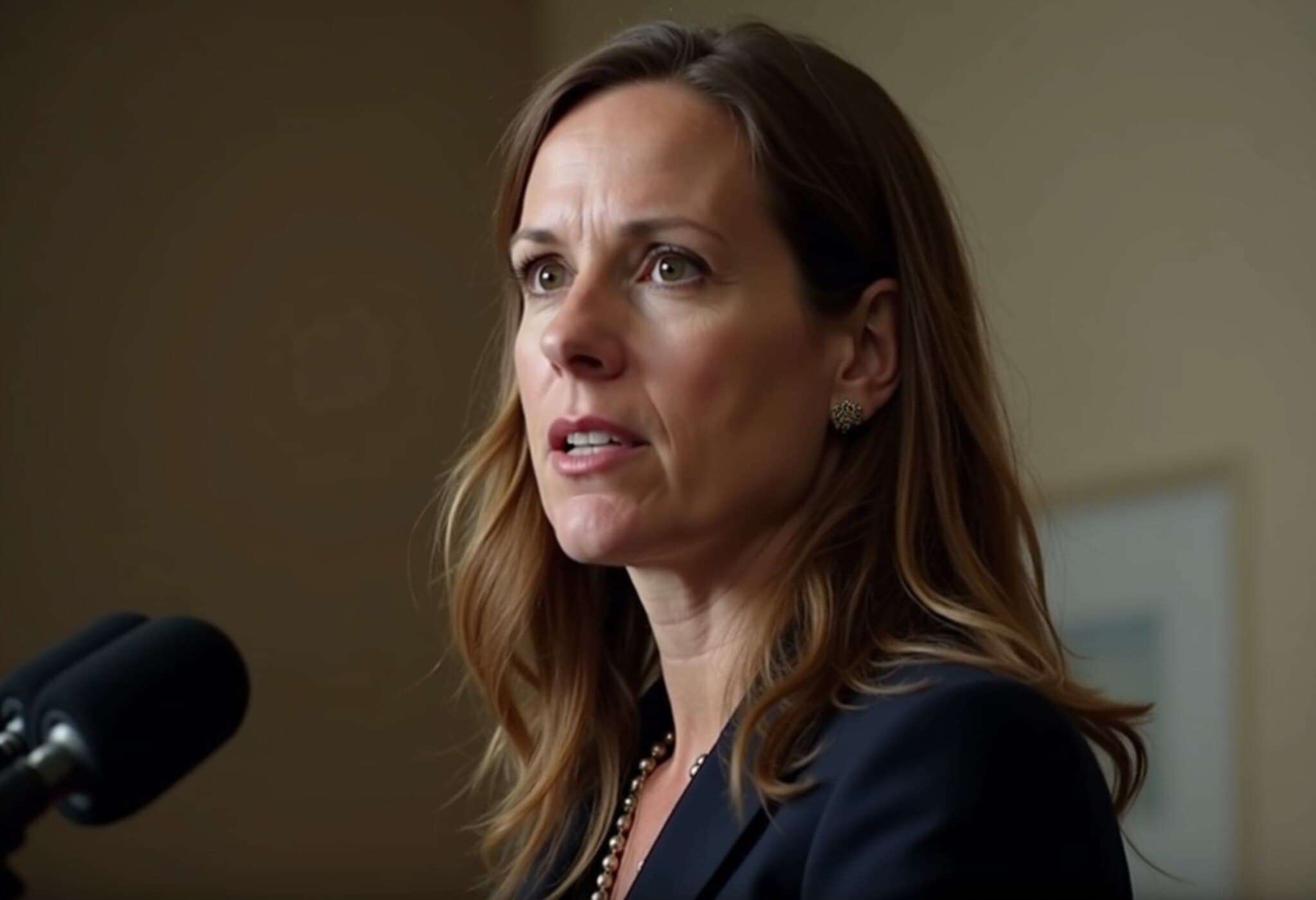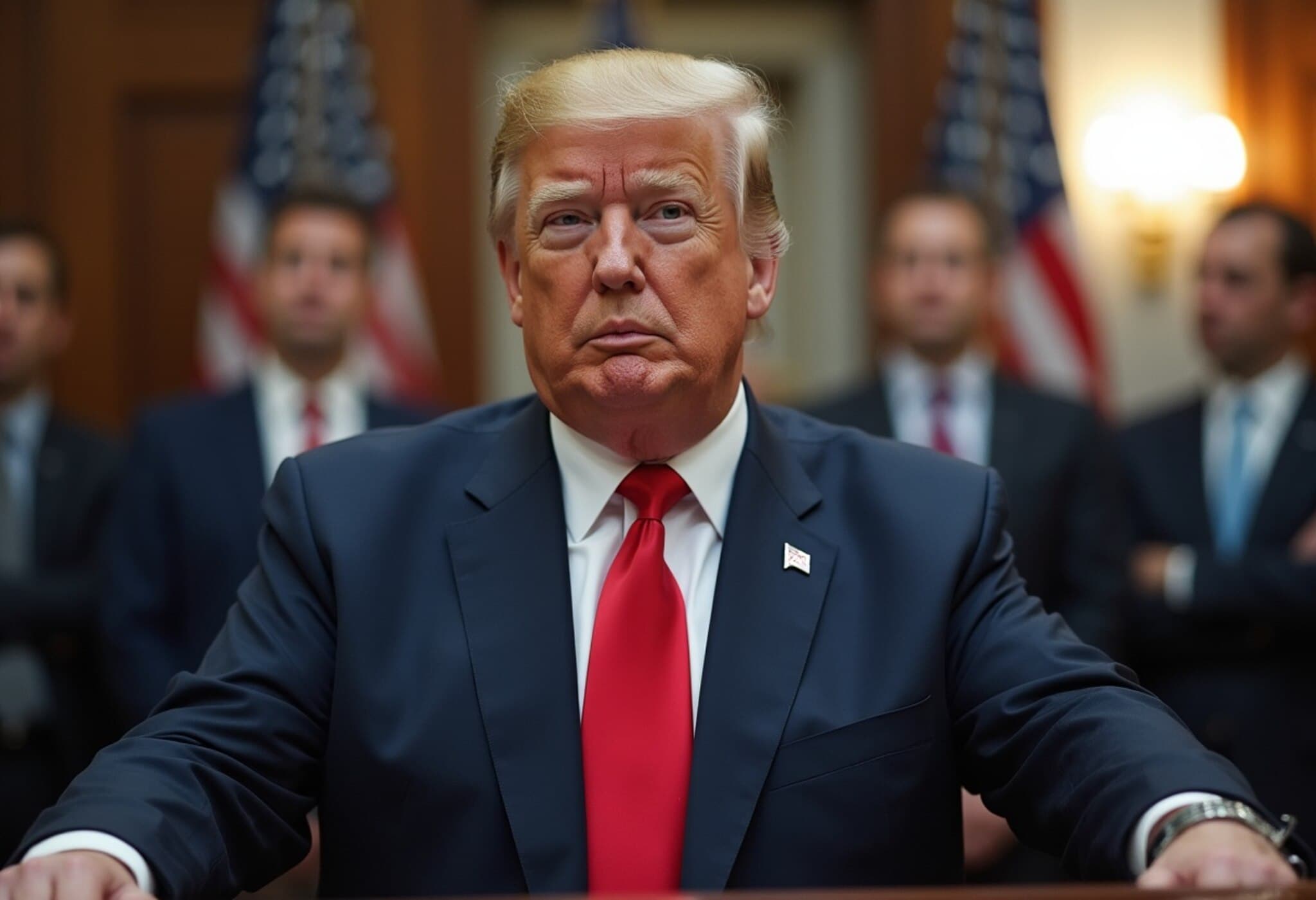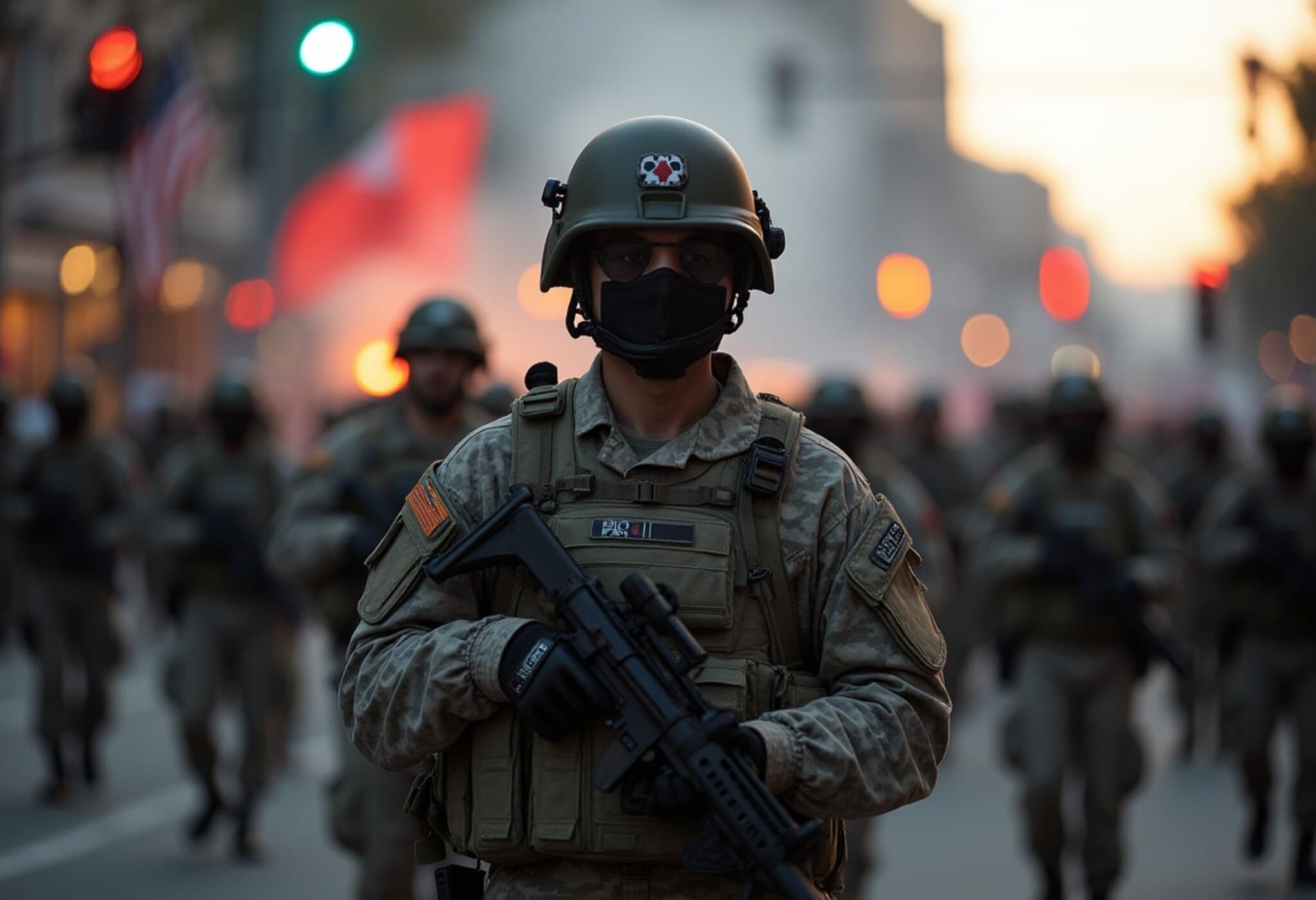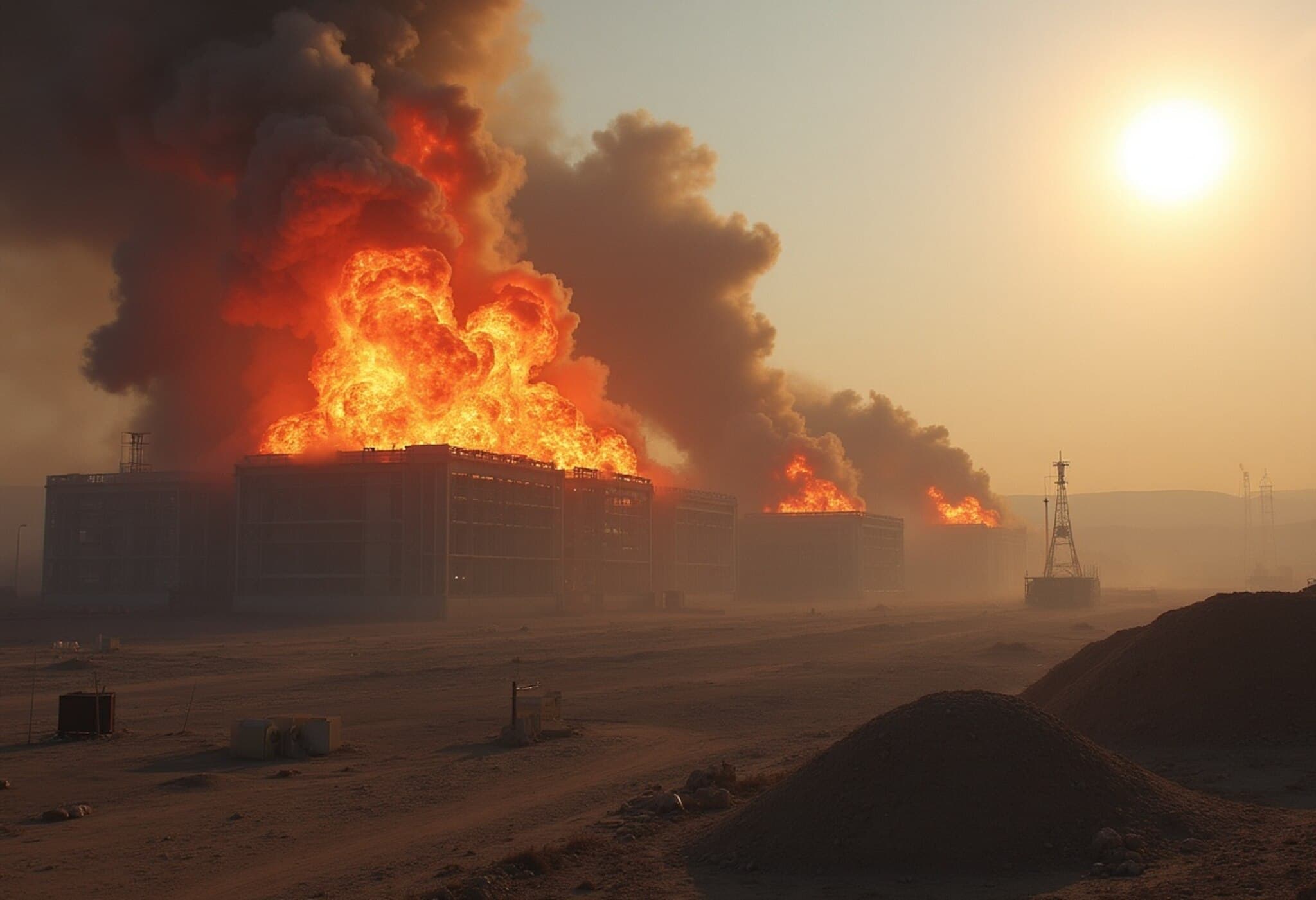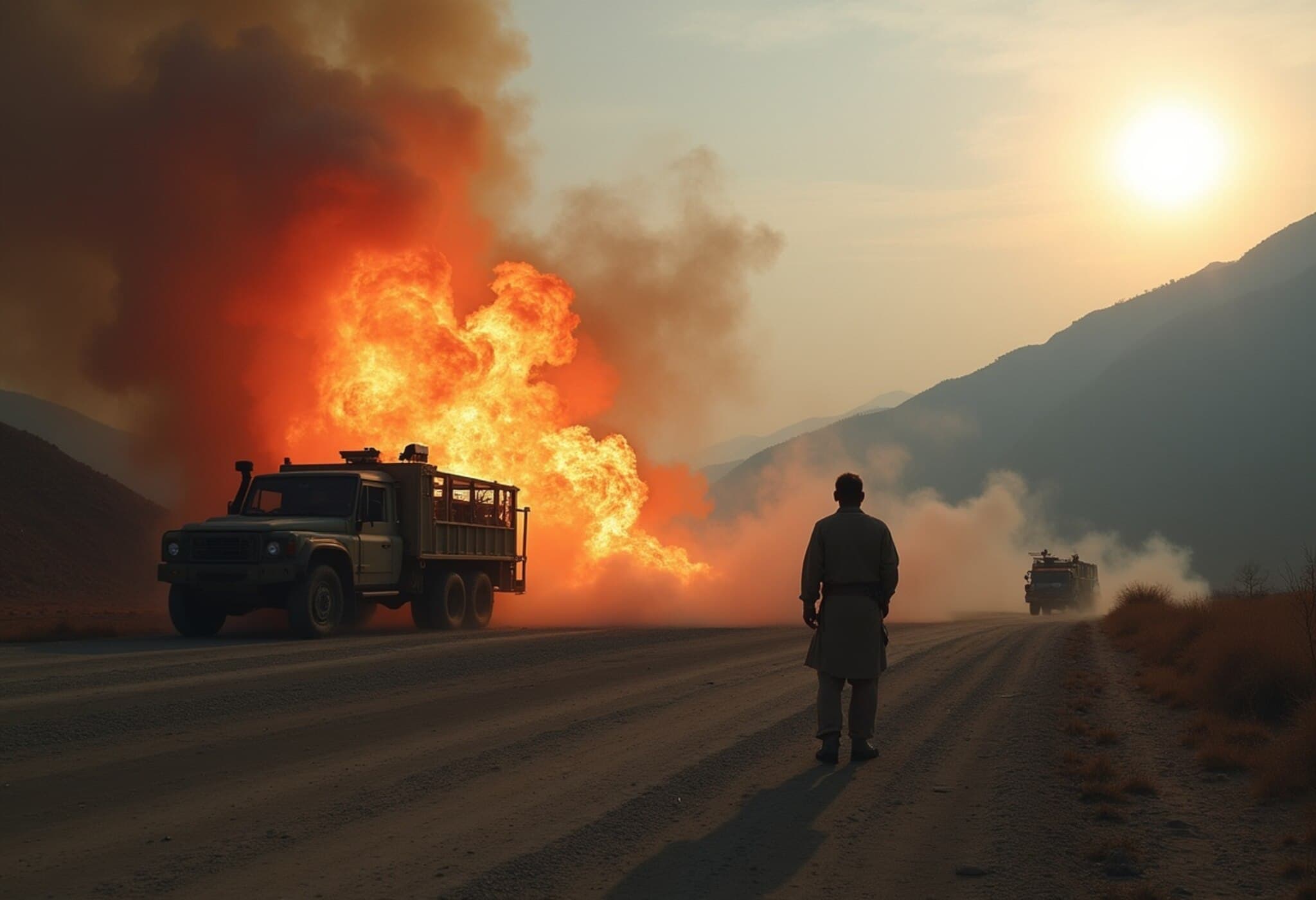Appeals Court Blocks Lower Court Ruling, Keeps Trump in Control of National Guard
On Thursday, a federal appeals court ruled in favor of former President Donald Trump, allowing him to maintain command over the California National Guard troops deployed in Los Angeles amid protests sparked by immigration raids. This ruling temporarily halts a previous decision by a lower court judge who deemed Trump's activation of the troops illegal due to opposition from California Gov. Gavin Newsom.
Unprecedented Deployment Without Governor’s Consent
This deployment marked a rare instance—the first since 1965—where a sitting president federalized a state’s National Guard without the approval of the respective governor.
What the Court Said
The unanimous three-judge panel of the 9th U.S. Circuit Court of Appeals concluded that Trump likely acted within his authority by taking federal control over the Guard. The court acknowledged that presidential power over state National Guard units is not unlimited but found that the government presented substantial justification.
Evidence cited by the court highlighted significant violence during the protests:
- Federal officers were reportedly pinned down and assaulted with concrete chunks, bottles, and various objects.
- Protesters damaged federal facilities, causing at least one federal building closure.
- Federal vehicles, including a van, were attacked and vandalized.
The court emphasized the federal government’s compelling interest in preventing such incidents.
Legal Dispute Over Notification and Authority
Though the federal government is legally required to notify the governor before assuming control of the National Guard, the court found that Governor Newsom lacked the legal power to veto the president’s order even if such notification was insufficient.
Context and Political Reactions
The clash originated after Trump directed immigration enforcement to focus on deportations in Democratic-led cities, igniting protests in Los Angeles. Trump defended the troop deployment as necessary to restore order, while Governor Newsom criticized it as an inflammatory and unauthorized federal intervention that undercut local authority and misallocated resources.
In the appeal, two judges on the panel were appointed by Trump during his first term, and all three judges expressed deference toward presidential discretion in such federal matters, suggesting courts should hesitate before intervening.
Lower Court’s Position
The original challenge came after Newsom sued to halt the deployment. U.S. District Judge Charles Breyer initially sided with the governor, saying that presidential authority to federalize the National Guard is limited to extreme situations of "rebellion or danger of rebellion." He wrote that the Los Angeles protests did not meet this threshold.
Implications Moving Forward
The appeals court’s ruling means the California National Guard will remain under federal control as the legal battle continues, potentially setting a precedent for how much power the federal government can wield over state forces during internal unrest.
Neither Governor Newsom’s office nor the White House has yet to comment on the latest appellate decision.

